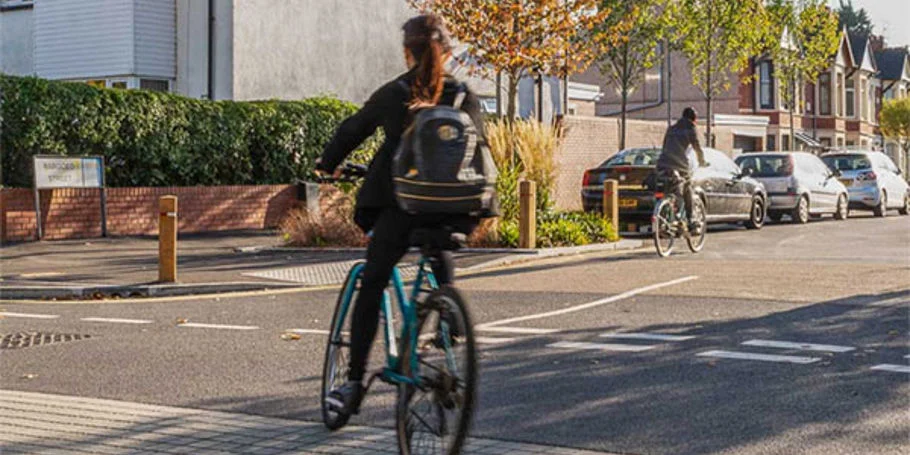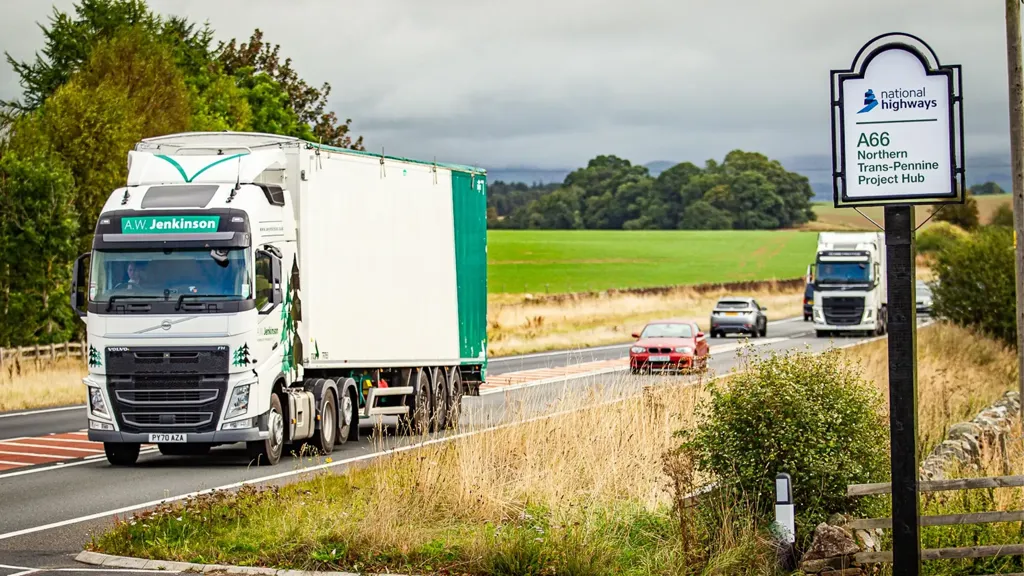Western Australia’s Climate Policy requires all government agencies to meet the State Government’s greenhouse gas emission (GHG) target of net zero by 2050. Main Roads Western Australia (Main Roads), responsible for implementing the state’s policies on road access and main roads, sought our expertise to develop a path to achieve this target.
We seconded within Main Roads capability to develop and implement the Net Zero 2050 Transition Roadmap – a strategic document to reduce Scope 1 and 2 emissions and drive decarbonisation efforts. The roadmap focuses on four interventions: replace streetlighting, plant and fleet electrification, green depots, and a net zero innovation programme.
The roadmap provides Main Roads with a clear seven to ten-year framework to decarbonise operations, support the Government’s climate action goals and meet legislative requirements. It will help the organisation to do their part in tackling climate change and making their operations fit for the future.
Designing interventions to decarbonise Western Australia’s main roads
Our team was embedded in Main Roads’ organisation, working collaboratively with key business areas and holding workshops with external stakeholders to understand their emissions baseline, processes and propose interventions to become net zero by 2050. Through a review of the reported emissions, which included a data validity review against reporting methodologies, the areas to focus for the net zero transition were quickly established.
Street lighting significantly contributes to Main Roads GHG emissions. It was proposed and agreed Main Roads transition HPS (high-pressure sodium) lighting to LED (light emitting diode) lighting which can produce a higher light output with less energy. Transitioning to a new lighting technology requires upgrading assets and changing processes. A programme to transition 50 per cent of lighting by 2030 and the remainder by 2050 is under development.
Commercial fleets, plant equipment and heavy vehicles are major contributors to Main Roads’ emissions. Reducing these emissions faces challenges, including a lack of suitable electric vehicle (EV) models and high upgrade costs for charging equipment. It was proposed Main Roads establish a policy to add electric trucks and equipment to the fleet, leveraging national EV strategies and government collaboration for procurement. Additionally, in support of this, an Electric Vehicle Roadmap is currently under development.
The roadmap also focuses on Main Roads’ depots and buildings where staff work and where vehicles and equipment are stored and maintained when not used on project sites. A green depots programme was proposed and agreed to transform depots into energy neutral or positive facilities through adoption of solar power and energy efficiency improvements.







